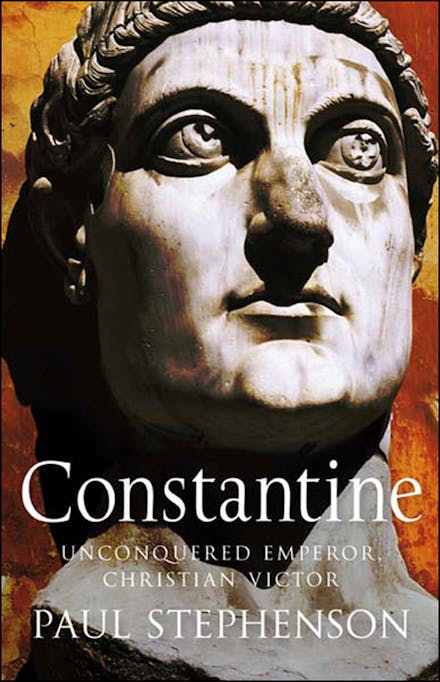Imprint
- Quercus
- Quercus
Biography: historical, political & military, Prose: non-fiction, Classical history / classical civilisation
An authoritative life of the first Christian Roman emperor and founder of Constantinople.
Constantine is a masterly survey of the life and enduring legacy of the greatest and most unjustly ignored of the later Roman emperors - from a richly gifted young British historian.
In 312, Constantine - one of four Roman emperors ruling a divided empire - marched on Rome to establish his sole control of its western half. Having claimed the imperial capital for himself, he then converted to Christianity and led its emergence from the shadows, its adherents no longer persecuted. Constantine founded Constantinople on the site of the ancient trading colony of Byzantium, a new Christian capital set apart from Rome's pagan past. Thereafter the Christian Roman Empire endured in the East as Byzantium, while Rome itself fell to the barbarian hordes in AD 476.
Paul Stephenson offers a nuanced and deeply satisfying account of a man whose cultural and spiritual renewal of the Roman Empire gave birth to the historically crucial idea of a unified Christian Europe. In Constantine, a seminal figure in the political and cultural history of the West has at last found the biographer he deserves.



























.png?auto=compress&w=150&h=60&fit=crop&fm=jpg)

.png?auto=compress&w=150&h=60&fit=crop&fm=jpg)

